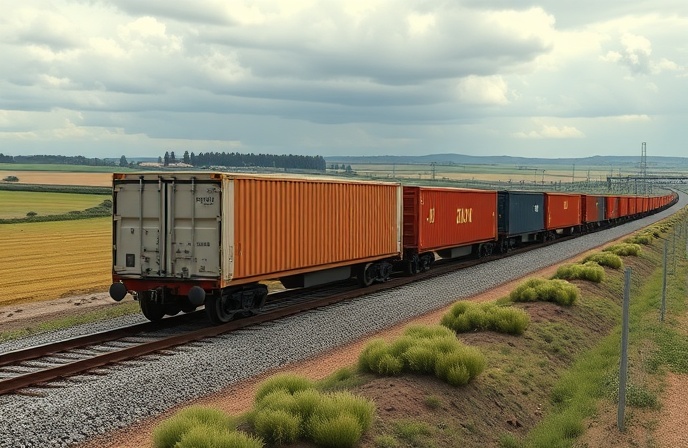Reinventing the Wheel: EN 13262 and the Standard for Monobloc Safety
Dive into EN 13262, the definitive standard for railway solid wheels. Understand steel grades like ER7 and ER8, residual stress limits, and safety testing requirements.

What is EN 13262?
EN 13262 is the European Standard titled “Railway applications – Wheelsets and bogies – Wheels – Product requirements.” It defines the chemical, mechanical, and geometric characteristics required for **monobloc (solid) wheels** used on railway vehicles.
Unlike older “tyred” wheels (where a steel tyre is shrunk onto a center), modern trains predominantly use monobloc wheels which are forged from a single piece of steel. EN 13262 is the critical document that dictates how these wheels must be manufactured and tested to withstand the immense thermal loads from braking and the mechanical impact of running on the track without shattering or developing dangerous fatigue cracks.
Steel Grades and Material Properties
The standard classifies wheels into specific steel grades—most commonly ER6, ER7, ER8, and ER9. The choice of grade depends on the trade-off between wear resistance and toughness:
- ER6: Lower carbon content, tougher, but less wear-resistant.
- ER7: The industry standard for most passenger and freight trains. Balanced performance.
- ER8 & ER9: Higher carbon content (harder). Used for heavy-haul freight or high-speed applications where wear resistance is paramount, but they are more sensitive to thermal cracking.
Critical Safety Parameter: Residual Stress
One of the unique requirements of EN 13262 is the control of Residual Stress. When a train brakes using tread brakes (blocks pressing against the wheel), the rim heats up and expands. If the wheel is not heat-treated correctly during manufacturing, this heating can reverse the internal stresses, causing the wheel to crack. EN 13262 mandates that wheels must have compressive stress in the rim to prevent crack propagation.
Comparison: Steel Grade Characteristics
| Steel Grade | Carbon Content (%) | Typical Hardness (HB) | Primary Application |
|---|---|---|---|
| ER7 | 0.52% | 245 – 275 | Standard Passenger & Freight (General Use) |
| ER8 | 0.56% | 255 – 290 | High Speed / Heavy Load (Wear Resistant) |
| ER9 | 0.60% | Up to 320 | Extreme Heavy Haul (Max Wear Life) |






